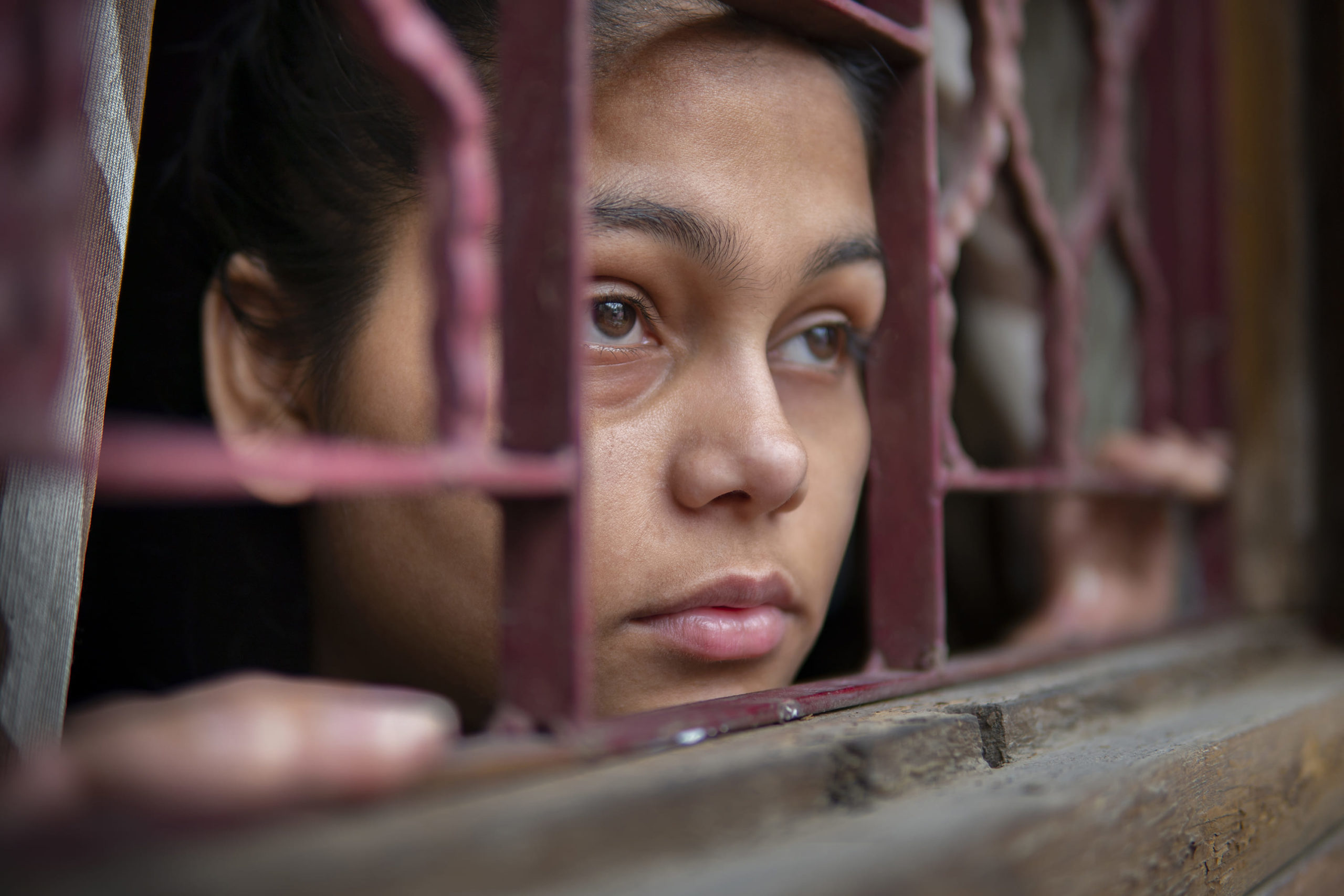Depression is the leading cause of disability worldwide, with a lifetime prevalence of 15-20% and a higher prevalence among the poor. Depression symptoms include anhedonia, impaired attention, and fatigue. People with depression and their families also face pervasive stigma and discrimination, particularly in India and other LMICs. Impacts are felt through the household by requiring family members to provide care and take up slack for depressed household members. The burden of depression falls disproportionately on women. The illness is 1.5 to 3 times more common among women. Women and girls also bear greater responsibility for making up lost home production when someone else in the household is depressed. Depression stigma is more severe for women (Kulesza et al. 2014, Sawant et al. 2019). Through all of these channels, depression prevents women from achieving their potential and contributes to gender inequality. Therefore, expansions of access to mental health care may foster gender parity. Understanding the long-term impacts of pharmacotherapy and how these impacts vary by gender can help to address an important barrier to gender equity.
We will resurvey participants of the 2016 RCT that provided pharmacotherapy to low-income adults (primarily female) with depression in Karnataka, India. We collaborated with Grameena Abudaya Seva Samsthe (GASS), a local social service organization that has worked with people with physical and mental disabilities since 2001. GASS operates in a peri-urban area north of Bangalore, Karnataka. We began by recruiting 1000 participants with mild or moderate depression through community-based screening across 506 localities. 86 percent of study participants are women, reflecting the higher prevalence of depression among women. Through randomization, 40 percent of study participants were offered pharmacotherapy.
We will track and survey the original study participants (864 women and 136 men), current adults who were under age 18 at baseline, and current adults who were unmarried at baseline. These last two groups (838 women and 991 men) overlap heavily. The survey will measure mental health, labor market performance, migration, marriage, bargaining power, and intra-household conflict. We will track individuals from their origin localities and implement both in-person and telephone surveys to reach as many people as possible. Following DiNardo et al. (2021), we will randomize a subset of unreachable subjects for additional intensive follow-up.
This data collection will allow us to address the following research questions: (1) Does pharmacotherapy have long-term mental health benefits for women; (2) What are the long-term effects of improved mental health on participants and other household members through channels including child human capital investment, migration, marriage, fertility, and intrahousehold bargaining power; (3) Do these impacts differ by gender and enhance gender equity?
We contribute to an emerging literature on the links between mental health and poverty in LMICs. Two studies find long-term positive impacts of psychotherapy on the mental wellbeing of people who suffer from depression, with positive spillover effects on child human capital investment and women’s decision-making (Baranov et al. 2020; Bhat et al. 2022). Our earlier work (Angelucci and Bennett 2023) shows that a single course of pharmacotherapy has impacts on depression that persist after the conclusion of treatment. These data will allow us to assess whether mental health benefits persist 7-8 years after treatment. An understanding of these benefits helps inform policymakers about the desirability of scaling up the provision of pharmacotherapy.
